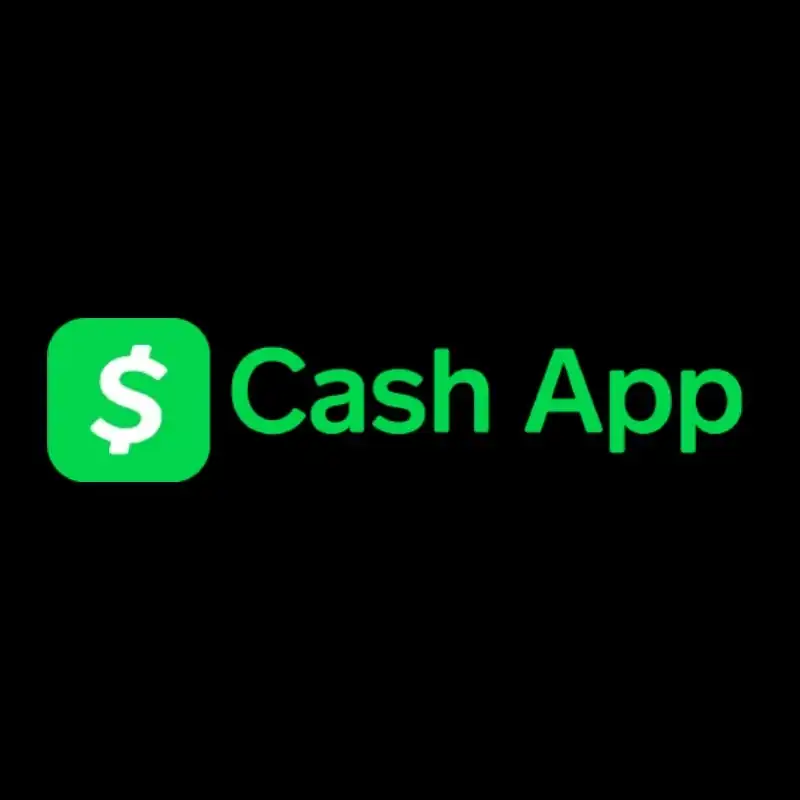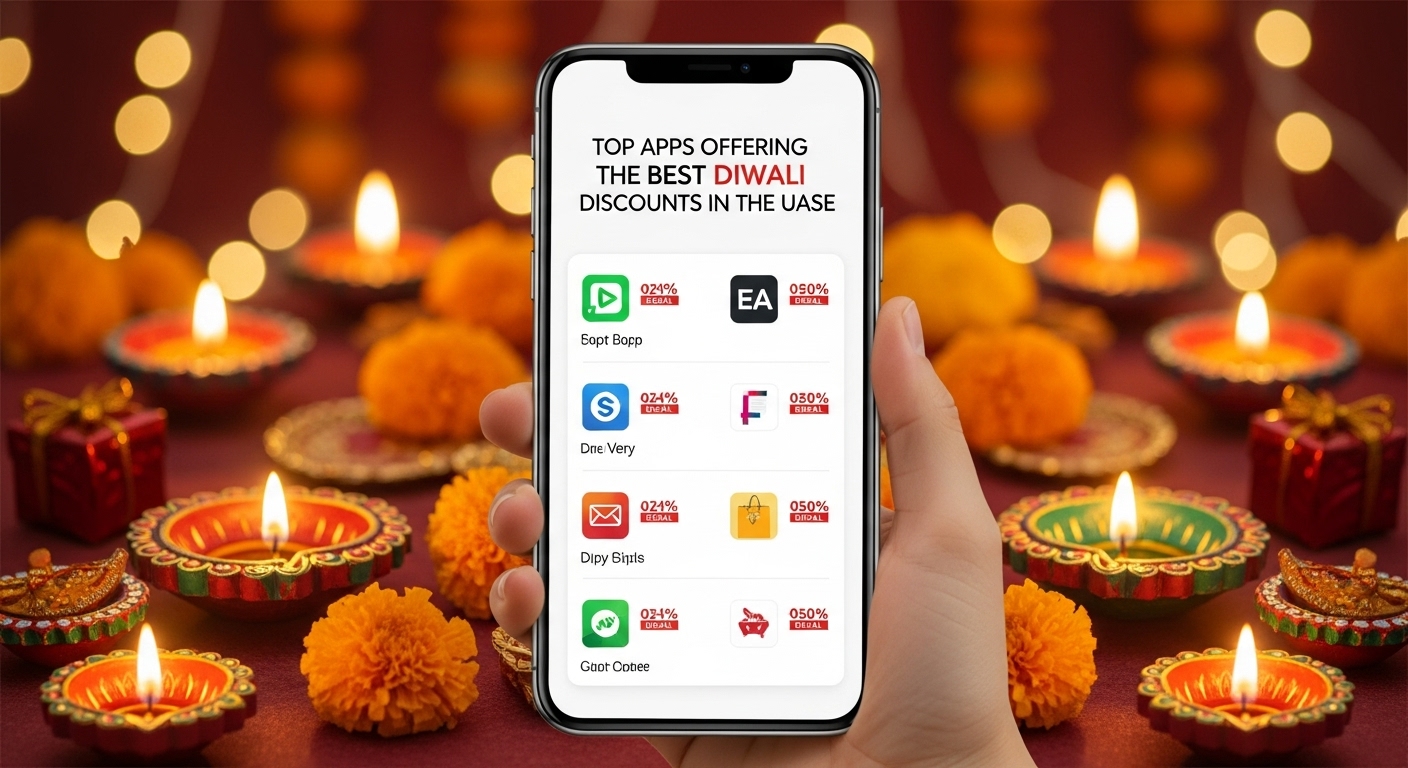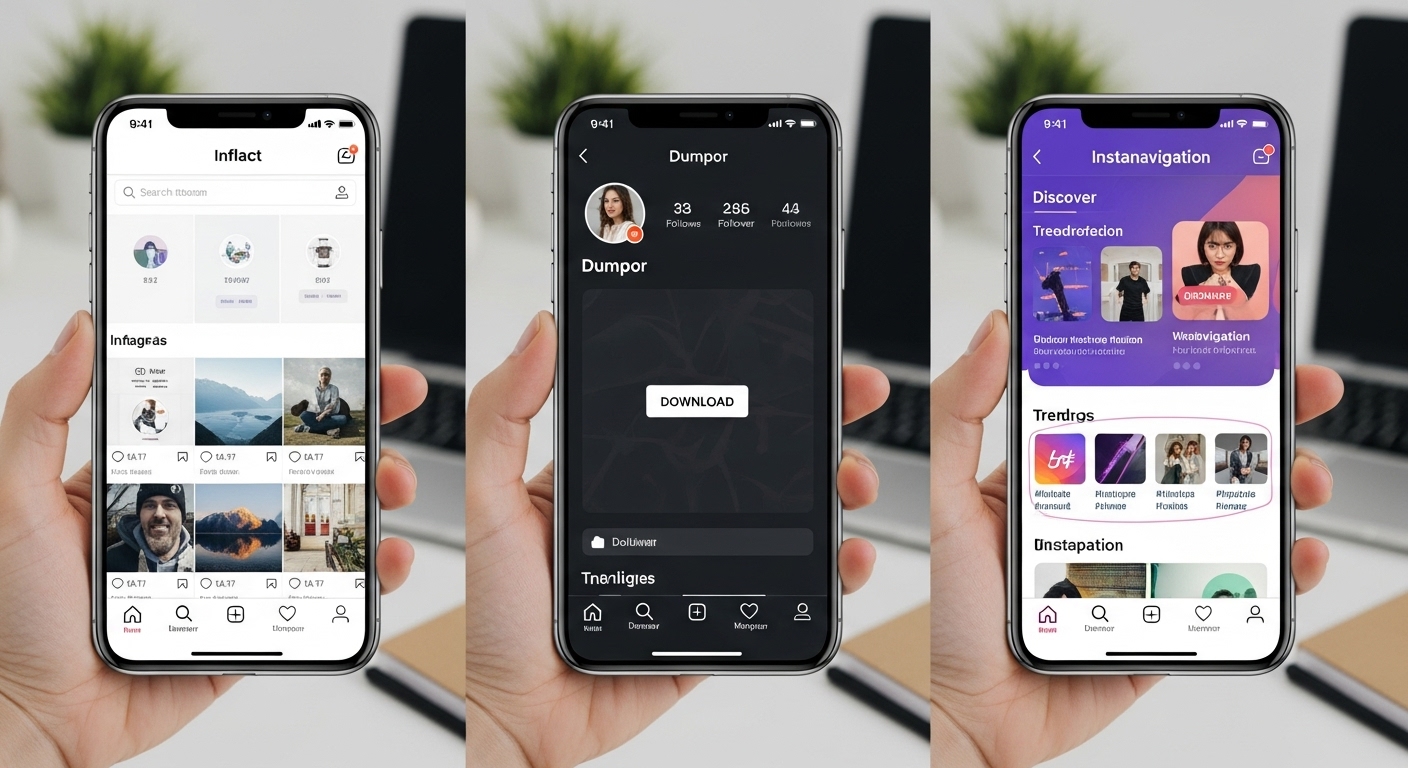Cash App, or Cash Application, has emerged as one of the most widely used financial applications in recent years. With the rise of fintech, cash-based banking has been largely replaced by mobile apps that provide safety, convenience, and efficiency in managing money. Today, digital wallets like Cash App allow users to do far more than just send and receive payments—they enable trading, investing, and even cryptocurrency transactions, all from the comfort of a smartphone.
With Cash App, you can handle a range of daily financial activities: from paying for groceries, sending money to friends, trading on the stock market, and even buying Bitcoin. It is no longer just a transfer tool—it has become a versatile financial ecosystem.
This blog provides an in-depth look at Cash App’s features, advantages, disadvantages, security, scams, and statistics, exploring why millions of users around the globe rely on it for everyday transactions.
What is Cash App?
Cash App is a mobile payment service created by Square, Inc. (now Block, Inc.). Introduced in 2013 under the name Square Cash, it was rebranded as Cash App in 2015 as its services expanded. Today, it functions as both a peer-to-peer money transfer system and a powerful financial platform.
Essentially, it’s a digital wallet that lets you store, transfer, and spend money easily. After downloading Cash App from Google Play or the Apple App Store, you can sign up, link your debit card or bank account, and immediately begin transacting.
Key Features of Cash App
1. Sending Money
Cash App allows users to send money instantly using a recipient’s $Cashtag, phone number, or email address. Along with the payment, you can include a note or emoji, adding a personal touch. The money is transferred instantly, and recipients can either keep it in their Cash App balance or move it to their bank accounts.
2. Receiving Money
When you receive funds, you can choose to keep the balance in your Cash App wallet or transfer it to your linked debit card or bank account. Debit card transfers are often instant, while bank transfers typically arrive by the next business day.
3. Cash Card
One standout feature is the Cash Card—a customizable physical debit card linked to your Cash App balance. It allows users to make purchases online, in-store, and withdraw from ATMs. The card can even be personalized with your own design or signature.
4. Stock Investments
Cash App makes investing in the stock market accessible to everyone. Users can start investing with as little as $1, purchasing fractional shares of major companies like Apple, Tesla, and Amazon. This low-barrier entry has made investing more inclusive, especially for younger users.
5. Cryptocurrency Trading
Cash App also supports Bitcoin transactions, enabling users to buy, sell, and hold cryptocurrency directly within the app. This makes it a convenient platform for individuals curious about cryptocurrency without navigating complex exchanges.
6. Security Features
Cash App prioritizes security with multiple safeguards, including encryption and two-factor authentication (2FA). Suspicious activity monitoring is built-in, ensuring that unauthorized transactions are detected and prevented.
7. Transaction Limits
Unverified accounts can only send up to $250 per week. Once verified with your name, date of birth, and Social Security number (last four digits), limits expand up to $7,500 per week for sending funds, while receiving money has no limits.
Statistics About Cash App
- Active Users: By 2025, Cash App is projected to surpass 40 million active users in the United States.
- Revenue Growth: In 2023, Cash App generated over $15 billion in revenue, showing its dominance in fintech.
- Bitcoin Activity: Users conducted over $1.8 billion worth of Bitcoin transactions in the past year, highlighting its strength in crypto.
- Stock Trading Popularity: Millions of first-time investors have entered the stock market through Cash App, making it a gateway for youth investments.
- International Reach: Currently, Cash App is available in the US and the UK, with plans for broader international expansion.
These numbers show that Cash App is not just a peer-to-peer transfer service—it is a growing financial powerhouse.
Why Use Cash App?
1. Quick and Simple Transactions
Cash App offers a user-friendly interface, allowing you to split bills, pay for coffee, or send money to family instantly.
2. Low Fees
There are no fees for standard transfers from bank accounts or debit cards. Instant transfers cost just 1.5%, which is cheaper than many traditional financial institutions.
3. Investment and Crypto Options
Unlike most peer-to-peer apps, Cash App offers access to both stock trading and cryptocurrency, making it a one-stop financial hub.
4. Cash Card Flexibility
The free Cash Card provides additional convenience for purchases and ATM withdrawals.
5. Security and Fraud Protection
With encryption, 2FA, and fraud detection systems, Cash App maintains strong protection for all users.
Common Risks and Cash App Scams
While Cash App itself is secure, users should remain cautious of potential scams. Fraudsters often target individuals through fake giveaways, phishing attempts, and impersonation schemes. Cash App advises against sending money to people you don’t know and emphasizes verifying transactions before confirming.
Building Finance Applications Like Cash App
The success of Cash App shows the importance of mobile-first finance solutions. With modern fintech innovations, it is possible to build applications that combine security, convenience, and advanced features like investments and crypto trading. Businesses entering this field must prioritize user-friendly design, robust encryption, and regulatory compliance to compete in the global fintech market.
Conclusion
Cash App has revolutionized money management by combining peer-to-peer transfers, investments, and cryptocurrency into a single, user-friendly platform. It empowers users to send money instantly, trade stocks with minimal funds, and explore Bitcoin safely.
With over 40 million active users and billions in revenue, Cash App is proof that mobile fintech applications can reshape how people interact with money. Whether you’re sending funds to a friend, investing in the stock market, or stepping into cryptocurrency, Cash App provides a seamless experience.
FAQs
Is Cash App safe?
Yes, Cash App uses encryption, fraud detection, and two-factor authentication to protect user accounts and transactions.
Is Cash App available in other countries?
Currently, Cash App is available in the United States and the United Kingdom, with plans for global expansion.



















